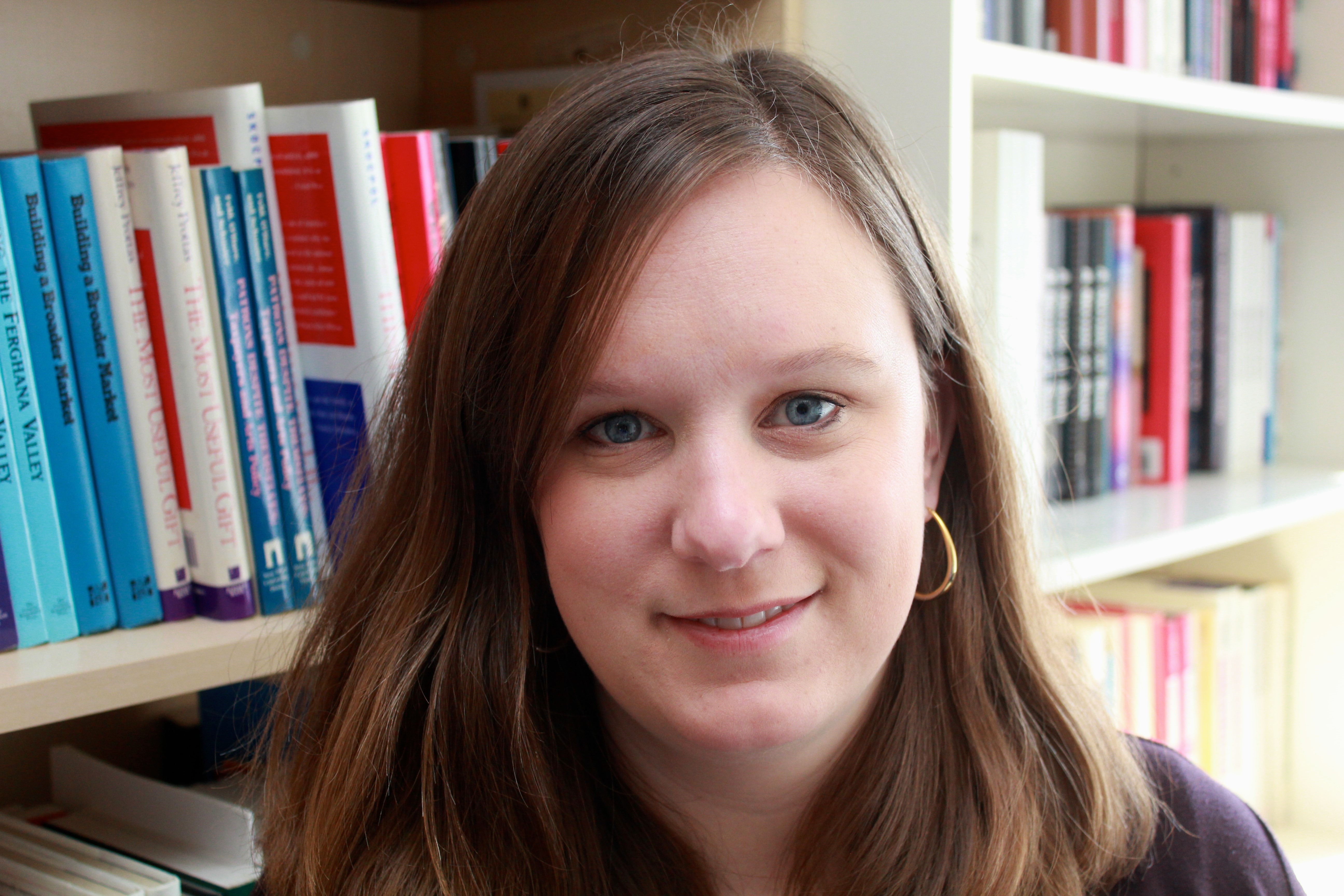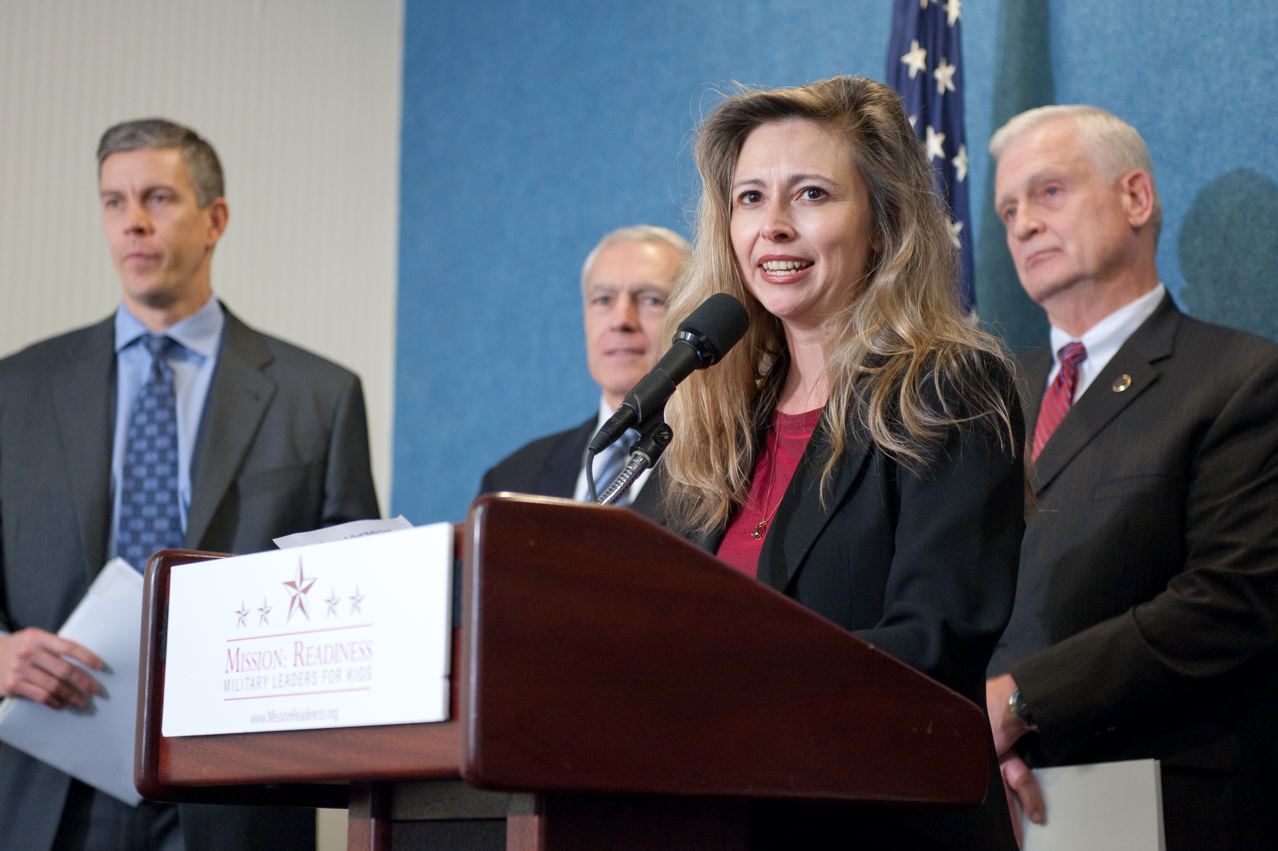“I think the power of the administration supporting [Preschool for All] ensures it will always be on the agenda, but I think it also forces other candidates and political leaders to take a position on it.”
Interview with Katie Hamm
Director, Early Childhood Policy, Center for American Progress (CAP)
by Senior Policy Advisor Steven Hicks
Katie Hamm is the Director of Early Childhood Policy at the Center for American Progress. Prior to joining American Progress, Katie worked as a program examiner at the U.S. Office of Management and Budget, or OMB, on federal child care and early education programs. She also worked on international issues in early childhood while on detail to the Organisation for Economic Co-operation and Development, or OECD.
Steven: How did you begin your career in early learning?
Katie: So believe it or not, when I was thirteen I was a volunteer in a Head Start classroom. I was reading stories to kids and that’s when I knew I want to go into early learning. I was really impressed with the programs and the opportunities they provided to families and kids in my community. That led to similar volunteer programs through high school. I was able to work with my local Head Start to set up a program in the evenings called “Family Literacy Night” where parents could get GED classes, English language classes, or computer classes. My role was to develop a program for the kids with the other volunteers from my high school. So that’s where I got the early learning bug. In college I developed a major that focused on political science and child development through the psychology department. After college I sought out organizations in DC that were doing this kind of work. Eventually, I landed a job at the Center for Law and Social Policy, and Danielle Ewen was my first mentor and boss. Then I went to OMB and then to CAP.
Steven: What do see as the role of the Center for American Progress in improving the quality of early learning?
Katie: I that CAP’s role, since we’re a multi-issue organization, is to tie early childhood into the broader progressive agenda, and to make some of those connections – not only why we need to invest in early childhood, but why quality matters and tie it to, for example, family economic security and our broader economic wellbeing. And to break down some of the silos to talk about why it is so important, and using that framing to keep it on the political agenda.
Steven: Why do you think the President’ proposal to provide high-quality early development and learning for all kids is important to our country, and what do you see as some of the challenges or opportunities?
Katie: I think when the President proposed Preschool for All and the additional investments in early head start and home visiting – two years ago now – it really put early childhood on the map as an issue for the national policy agenda. I think the power of the administration supporting it ensures it will always be on the agenda, but I think it also forces other candidates and political leaders to take a position on it. It’s forced some movement in Congress. Even in a difficult budget environment, it’s allowed us to get some modest investments in Preschool Development Grants, Head Start, Child Care, and Home Visiting. I think by putting on the agenda it has helped us make some small progress. I think the challenge is really getting the bipartisan support we need to get the big investment – the $750 million dollar investment. I think that is going to take some time, but we’re slowly making our way there and I think we’ll get there.



